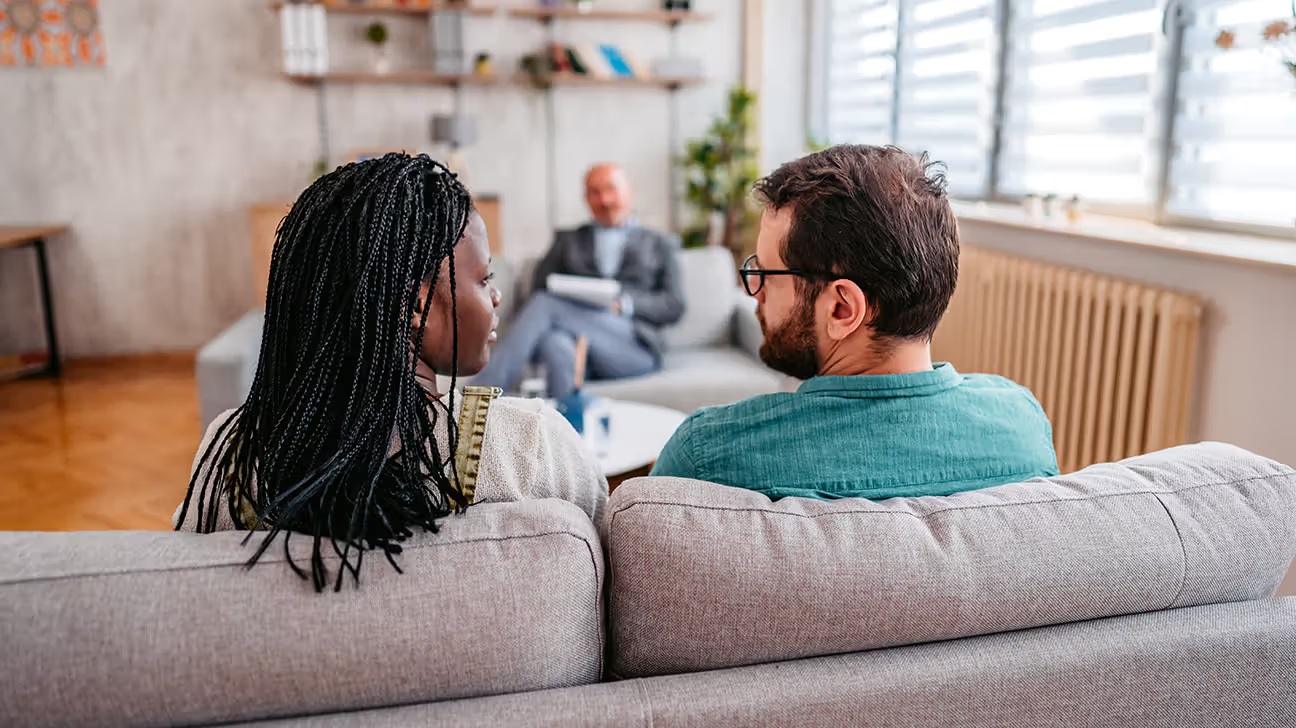In the intricate dance of romantic relationships, conflict is an inevitable partner. However, the key to a successful and lasting partnership lies in how couples navigate and resolve these conflicts. Couples therapy offers a valuable set of techniques and tools to help couples address issues, improve communication, and strengthen their bond with couples therapist in Ottawa.
Communication Skills:
Effective communication is the cornerstone of any healthy relationship. The couples therapy ottawa often focuses on enhancing communication skills, teaching partners to express themselves clearly, and actively listening to each other. Techniques such as “active listening” encourage partners to fully understand and acknowledge their partner’s perspective before responding, fostering empathy, and reducing misunderstandings.
Conflict Resolution Strategies:
Couples therapy equips partners with practical conflict resolution strategies. One widely used technique is the “I-Statement,” where individuals express their feelings and needs without blaming the other person. This helps create a safe space for open dialogue, shifting the focus from blame to constructive problem-solving. Therapists may also teach couples to take breaks during heated discussions, allowing both partners to cool down before continuing the conversation.
Emotionally Focused Therapy (EFT):
Emotionally Focused Therapy (EFT) is a widely recognized approach in couples therapy. It centers on understanding and reshaping emotional responses within the relationship. Therapists employing EFT help couples identify and express their underlying emotions, fostering a deeper connection and understanding between partners. This technique often involves revisiting past emotional experiences to address unresolved issues and create a more secure attachment.
Behavioral Interventions:
Behavioral interventions in couples therapy focus on changing negative patterns and reinforcing positive behaviors. Therapists may use techniques like role-playing or assigning homework to encourage partners to practice healthier communication styles and problem-solving strategies outside of therapy sessions. By reshaping behavioral patterns, couples can create a more positive and supportive environment.
Mindfulness and Relaxation Techniques:
Incorporating mindfulness and relaxation techniques can be beneficial in reducing stress and promoting emotional regulation within couples. Therapists may introduce practices like deep breathing, meditation, or guided imagery to help partners stay present in the moment, manage stress, and respond more calmly to conflicts.
Conclusion
Couples therapy provides a toolkit of techniques and strategies to help couples navigate the challenges of conflict. By enhancing communication, teaching conflict resolution skills, and delving into emotional dynamics, therapists empower couples to build stronger, more resilient relationships. These tools not only address current issues but also equip couples with the skills to face future challenges with understanding and collaboration. In the journey of love and partnership, couples therapy offers a roadmap for growth and connection.







